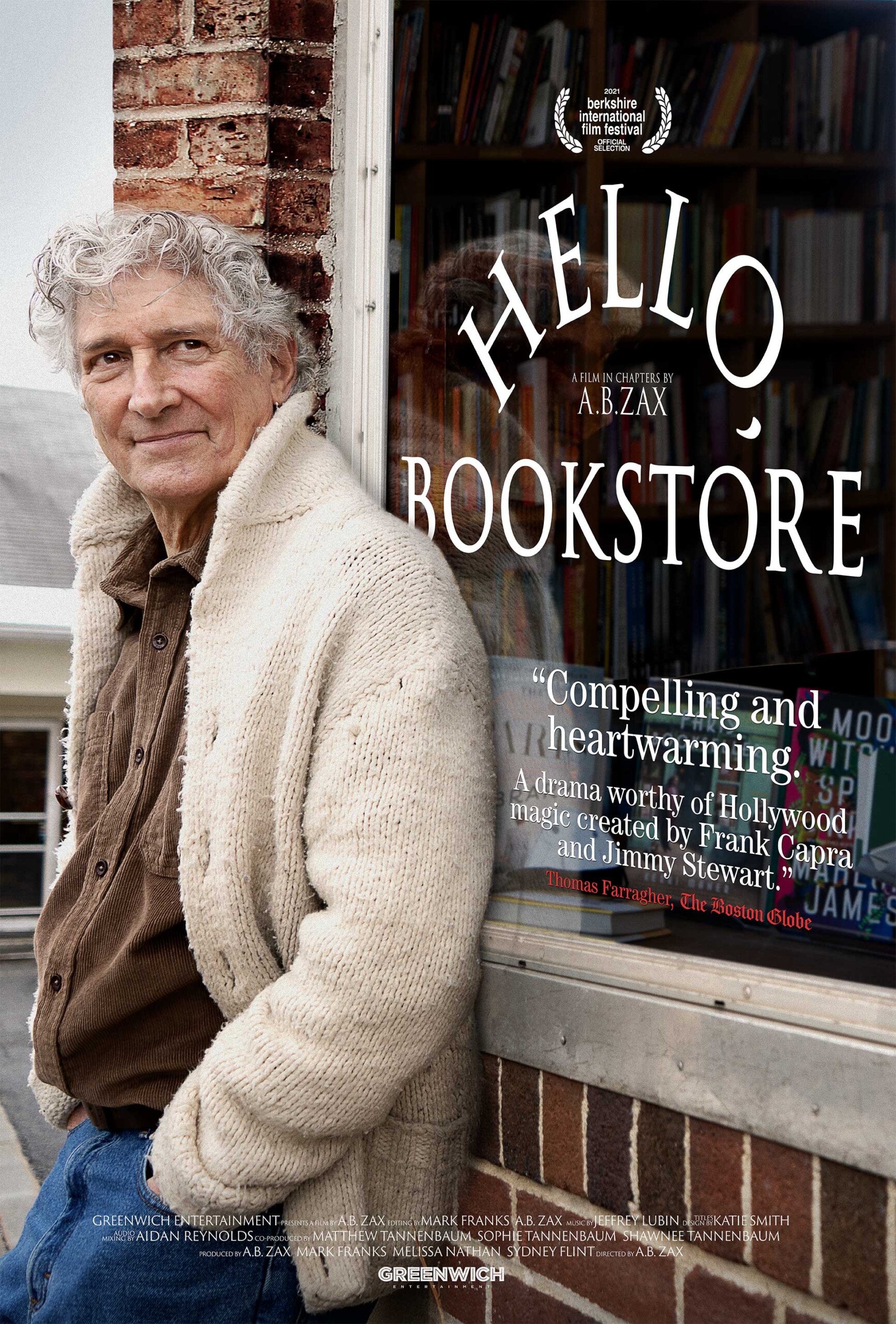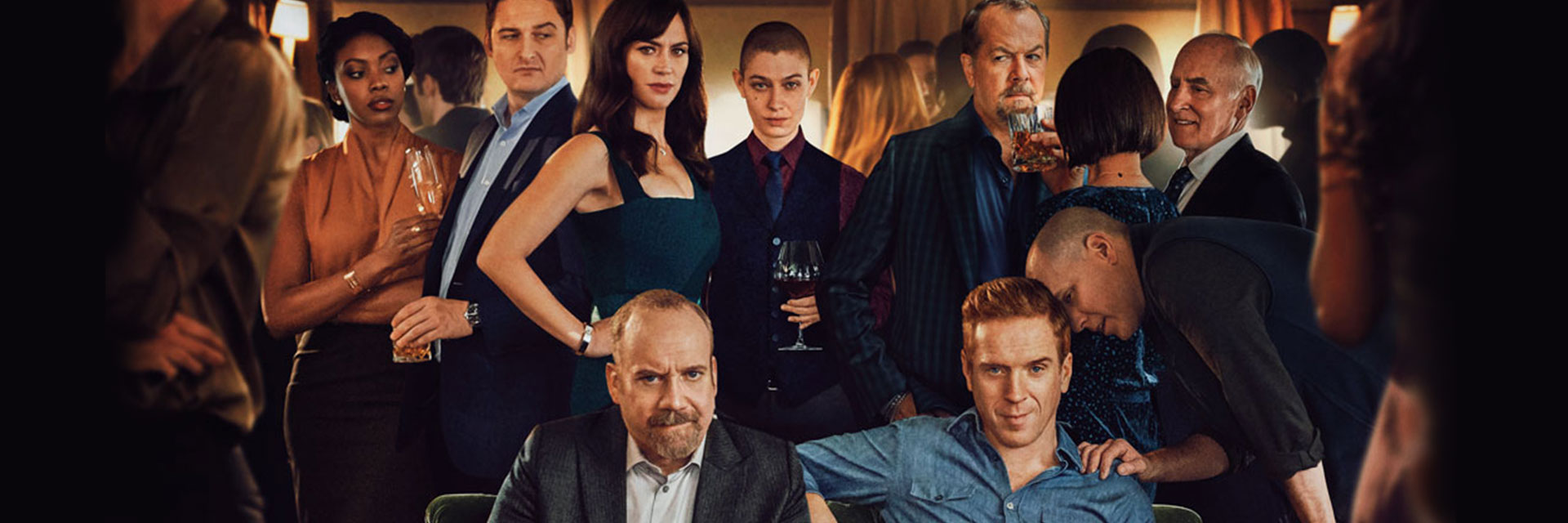
Each week, my wife and I sit down to watch the most recent episode of Showtime’s The Affair — a somewhat queasy activity for any married couple. The series, now in its second season, traces the destruction caused by a husband’s lust — which ultimately leads him to abandon his wife and four children for an unstable seafood-shack waitress.
 In January, the show won a Golden Globe for Best Drama, and Ruth Wilson, who plays Alison, the damaged mistress, won the award for Best Actress. It’s difficult to argue with either of those choices. The Affair is an extremely thoughtful, well-crafted show, with a Rashomon framing device that is both effective and unsettling. Its cast — not only Wilson, but Dominic West, as Noah, the unfaithful husband, and Maura Tierney, as Helen, his betrayed wife — all burn convincingly. It’s not particularly entertaining, but the level of commitment on display is indisputable.
In January, the show won a Golden Globe for Best Drama, and Ruth Wilson, who plays Alison, the damaged mistress, won the award for Best Actress. It’s difficult to argue with either of those choices. The Affair is an extremely thoughtful, well-crafted show, with a Rashomon framing device that is both effective and unsettling. Its cast — not only Wilson, but Dominic West, as Noah, the unfaithful husband, and Maura Tierney, as Helen, his betrayed wife — all burn convincingly. It’s not particularly entertaining, but the level of commitment on display is indisputable.
Most of the criticism of The Affair has to do with its pacing: compared to shows like Homeland or Breaking Bad, The Affair moves glacially. Certain episodes have left me feeling that, not only has the ball not been moved downfield, but no play has been called at all. Nevertheless, the show is at its strongest when it slows things down: the knowing glances between Noah and Alison as they lie to their dinner hosts; Helen’s father waxing nostalgic in the backseat of a cab.
This is what its makers are going for: an undeniable realism that hits its viewers in the chest. In an interview with HitFix’s Alan Sepinwall last year, Sarah Treem, The Affair’s co-creator, said, “We wanted to tell a story about two good people…You have kids and then you meet somebody by chance who you think is your soul mate. What do you do?” In attempting to answer that question in a believable way, Treem has set her show up for a peculiar kind of failure: when something actually happens on The Affair to move its story along, it often feels jarring and untrue. When Noah’s teenage daughter bursts into his new home, cursing and furious — or, far worse, the show’s current engine, a Revenge-level plot about a vehicular homicide — you can almost sense Treem’s embarrassment. Sorry, she seems to say; I need to build some scaffolding around those knowing glances. In this, she has become a victim of her own success: the greater its authenticity, the more false The Affair often feels.


 This has been an issue that films have dealt with for decades: how can something be both entertaining and true to life — which, as we are all acutely aware, is overwhelmingly mundane? From Wild Strawberries to Ordinary People to Drinking Buddies, movies have grappled with this paradox to varying degrees of success. On television, the problem has been exacerbated by the medium’s drama-driven “golden age,” which has allowed showrunners like Treem to create, essentially, movies without end. Shows must now perform an act, from season to season, which once had to be performed only from show to show: maintaining our interest without letting things get too wonky. And this is most difficult to pull off for shows such as The Affair — and Parenthood, Brothers and Sisters, In Treatment, and many more — that strive for realism above all else. Well, not above all else. More than anything, they want to stay on the air. And naked emotionalism isn’t the surest path to big ratings.
This has been an issue that films have dealt with for decades: how can something be both entertaining and true to life — which, as we are all acutely aware, is overwhelmingly mundane? From Wild Strawberries to Ordinary People to Drinking Buddies, movies have grappled with this paradox to varying degrees of success. On television, the problem has been exacerbated by the medium’s drama-driven “golden age,” which has allowed showrunners like Treem to create, essentially, movies without end. Shows must now perform an act, from season to season, which once had to be performed only from show to show: maintaining our interest without letting things get too wonky. And this is most difficult to pull off for shows such as The Affair — and Parenthood, Brothers and Sisters, In Treatment, and many more — that strive for realism above all else. Well, not above all else. More than anything, they want to stay on the air. And naked emotionalism isn’t the surest path to big ratings.
Friday Night Lights, which aired from 2006 to 2011, was, for all its raucous stadiums and bone-jarring collisions, one such quiet show. A conversation between husband and wife, or two struggling brothers, carried greater weight than the Dillon Panthers’ drive towards a championship. As Connie Britton, one of its stars, said in a 2011 Grantland oral history, “It’s not a show about football. It’s a show about community and family and the way people interact with each other.” As such, it was always on the cancellation bubble, and in response, it pulled a nearly-fatal stunt to kick off season two: it had one of its meekest characters commit murder. In the Grantland piece, the gimmick was explained: “We were coming to the end of Season 1, and the show was critically well-received,” said supervising producer David Hudgins. “But the numbers…So we thought, let’s do something big, something shocking and titillating and provocative.” Jesse Plemons, who played the unlikely murderer, said, “I never imagined Season 2 to go like it did, with the storyline about Landry murdering Tyra’s attacker.” Producer John Zinman admitted, “In retrospect, I think we would all say, ‘That was a bad call.’”
I didn’t need the benefit of hindsight to tell me that; I remember turning to my wife as we watched the episode and saying, “What the hell was that?” But for the all flagrance of Landry’s ratings-chasing violence, such things happen on such “authentic” shows many times per episode; it’s all a matter of degrees. On Parenthood, it’s an argument that sends someone storming from a room, or a business that gets hit by burglars. On Six Feet Under, it’s a kidnapping by a crack addict, or the accidental ingestion of Ecstasy. On The Affair, it’s Helen getting stoned in Washington Square Park and having vengeful sex with her ex-husband’s best friend.
 Movies can avoid these speed bumps more easily, because they don’t need to drag us along for a span of years. Kenneth Lonergan’s You Can Count on Me is a nearly perfect film in which little of consequence ever seems to happen. It’s 111 minutes long. The aforementioned Drinking Buddies hinges on even less, but remains almost mystically entertaining. It runs an hour and a half. TV dramas, however, don’t benefit from such brevity. In Treem’s HitFix interview, she said, “We’re only doing ten episodes the first season, and I had asked for that, because I knew that I had ten episodes of really great story and then beyond that I was gonna start reaching.”
Movies can avoid these speed bumps more easily, because they don’t need to drag us along for a span of years. Kenneth Lonergan’s You Can Count on Me is a nearly perfect film in which little of consequence ever seems to happen. It’s 111 minutes long. The aforementioned Drinking Buddies hinges on even less, but remains almost mystically entertaining. It runs an hour and a half. TV dramas, however, don’t benefit from such brevity. In Treem’s HitFix interview, she said, “We’re only doing ten episodes the first season, and I had asked for that, because I knew that I had ten episodes of really great story and then beyond that I was gonna start reaching.”
The Affair — now 15 episodes in — isn’t reaching yet, but it is entering a phase that seems unique and fairly uncomfortable. Its realism is so assured that its necessary, story-moving dramas have come to seem loud and fraudulent. Treem’s goal was for us to believe that we’re just like these characters, and that — not high-octane thrills or McGuffin-packed storytelling — is what draws us in to her show and others like it. Who hasn’t thought of being unfaithful — of burning the whole thing down and starting over, just to see what it’s like? But the difference between our lives and those of television characters is that we don’t need extraneous drama to earn an annual renewal. We just keep on living, and it can get pretty boring sometimes. That’s why we watch TV.











